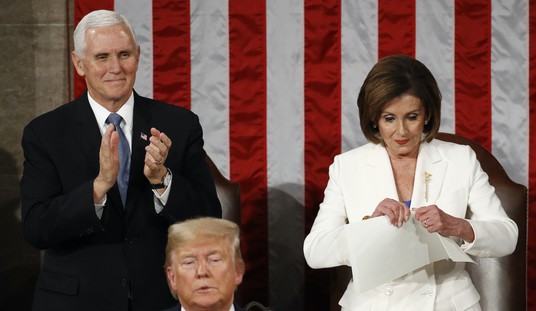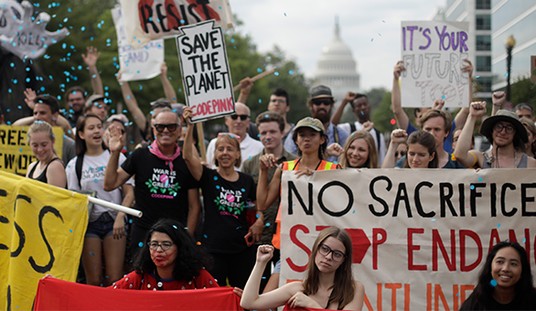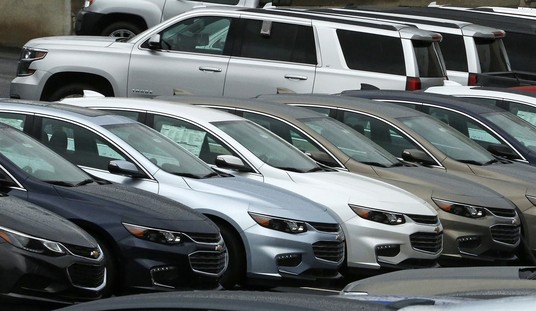As of Friday afternoon, twenty-two states have declined to cooperate completely with the Trump administration’s request for them to submit sensitive voter data. Voter data they have no right to have. All in order for the President to carry on with the silly conspiracy theory that he actually won the popular vote, as well as the electoral vote.
The request from the “Presidential Advisory Commission on Election Integrity” is tangential to the allegation Trump made following the 2016 election that millions of votes had been cast illegally. An allegation that’s been debunked since, and honestly makes no rational sense to anyone who knows anything about how elections actually happen at a local and state level.
The bipartisan declines from states to comply with sending the commission such sensitive data as social security numbers (and via email, as the request indicates, which is notoriously unsecured) is an optimistic sign that states still take their role as the holder of voter and election information sacrosanct.
On Wednesday, Kansas Secretary of State, Kris Kobach, who is the vice chairman of the commission, sent a request giving states approximately two weeks to comply.
The request included over a dozen data points, including date of birth, current address, last four of social security numbers, military status, voting history, party registration, and felony convictions. The political affiliation portion, in particular, is against the law for the executive branch to obtain. Amidst the Nixon-Watergate scandal, Congress passed the Privacy Act of 1974, which limits keeping records of a voter’s party affiliation, except in rare cases. State political parties are largely the only apparatus that retains those records for primary and caucus purposes.
Even Kobach, who sent out the request, has said his state cannot comply with the commission’s request. Fancy that.
Brandon Finnigan, the founder of The Decision Desk HQ, an election calling, polling and voting data collection organization, told RedState, “When the guy who’s pushing this has admitted he can’t do it in his own state, you know it’s a joke.”
All of this is in addition to the fact that what Donald Trump alleges is simply another conspiracy theory that he’s bound and determined to use his office to pursue. The mere idea that an election could be swayed on a national level would require thousands of city and county officials, of any and all party affiliations, to be in on the conspiracy.
Full disclosure, I’ve worked with the Decision Desk since its infancy. One of the most important lessons I’ve learned in the last four years is what a hodgepodge our states have for collecting votes. And that’s a good thing. It makes one realize just how ridiculously difficult it would be for Russians, or any other foreign powers, to “hack” our elections.
States are right in telling the administration to take a hike on this one. Or as Mississippi Secretary of State, Delbert Hoseman (R), said in response to the request from Kobach,
“My reply would be: They can go jump in the Gulf of Mexico, and Mississippi is a great state to launch from.
Mississippi residents should celebrate Independence Day and our State’s right to protect the privacy of our citizens by conducting our own electoral processes.”
States that have said they refuse to comply in any way with the request include Virginia, California, Tennessee, New York, Kentucky, Massachusetts, and New Mexico.
Many others have said they would only hand over data that was already publicly available. Which indicates all of this is simply a huge time waste and money bleed, so the president can beat his chest and save face by pushing another conspiracy theory.
Is vote integrity a constant concern? Yes, and it always has been and always should be. However, Trump’s voter integrity commission is not the way to go about it.
“The better way to do it, would be to require states to conduct a random sampling and send the results to the commission to see if voter fraud is going on in any magnitude worth noticing,” Finnigan said. “Multiple vote offenders are always caught up with these days. This isn’t the 1960’s or 1970’s.”
Beyond that, the voter fraud cases we’ve seen since 2016 have been Republican voters violating voting laws, not the other way around.
Hillary’s popular win was achieved by overperforming in California and Massachusetts. It’s time Trump accepted his remarkable electoral win — the only win that matters — and move on.
Hopefully, more states stand up to this request and say no.













Join the conversation as a VIP Member